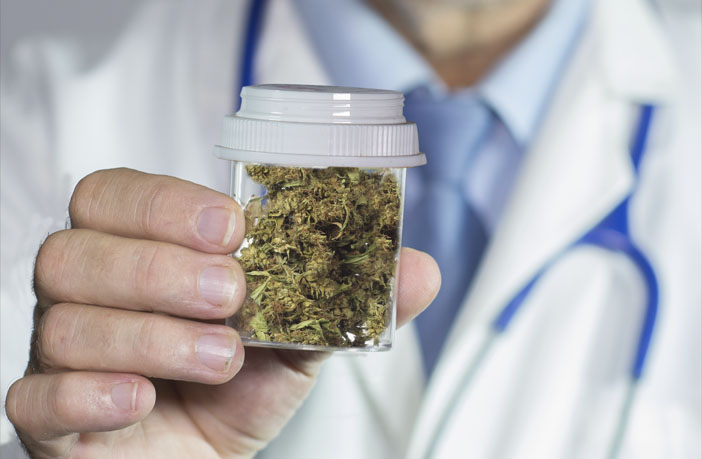He’d been drinking a fifth of bourbon a day for years. As you’d guess, his liver was a mess, and his thinking was clearly impaired. I couldn’t help but wonder how much better his health would have been (and how much money he could have saved) if he’d used cannabis instead. Of course, if I’d suggested that he switch to a safer drug, my supervisor would have berated me so loudly that everyone in the clinic would have had to cover his ears. There was little evidence to support this practice, no matter how much I thought it might help.
Although the idea remains controversial, substituting cannabis for drugs that cause more harm has a ton of advantages. It can certainly be cheaper, easier on the body, and less impairing. Harvard professor Lester Grinspoon mentioned this idea decades ago. I must get two e-mails a week from people who swear by the practice, but individual cases hardly count as compelling evidence. Fortunately, real people with real problems do everything that they can to tackle their troubles, no matter what the published research might say.
If I’d called the National Institute of Health to pitch this idea, they’d probably have laughed their heads off. They’d have said that everybody knows that you can’t treat alcoholism with cannabis. I’d have mentioned Dr. Reiman’s study. They would have said that it was just one sample, and they were all from the same place, so no dice.
For this reason, we wanted to know if more medical cannabis patients made comparable claims. My esteemed colleagues contacted over 400 medical cannabis patients who were patrons of four different dispensaries in British Columbia. (I was just the data monkey on this project. Once New York state becomes more enlightened about medical cannabis, I’ll be more help.) Over 75% of these folks said that they used cannabis in place of some other drug. Replacing prescription drugs was the most common practice (68%), but many used the plant instead of alcohol (41%) and illicit drugs (36%). (Participants could report more than one drug for substitution, so the totals don’t equal 100%.)

